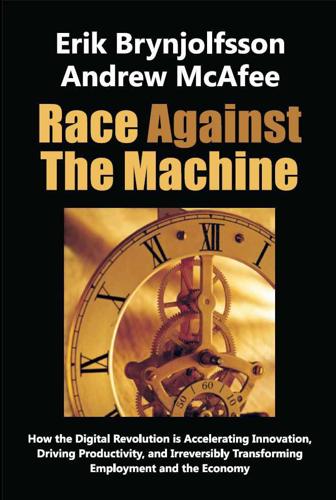
Race Against the Machine: How the Digital Revolution Is Accelerating Innovation, Driving Productivity, and Irreversibly Transforming Employment and the Economy
by
Erik Brynjolfsson
Published 23 Jan 2012
In one version of the story, the inventor of the game of chess shows his creation to his country’s ruler. The emperor is so delighted by the game that he allows the inventor to name his own reward. The clever man asks for a quantity of rice to be determined as follows: one grain of rice is placed on the first square of the chessboard, two grains on the second, four on the third, and so on, with each square receiving twice as many grains as the previous. The emperor agrees, thinking that this reward was too small. He eventually sees, however, that the constant doubling results in tremendously large numbers. The inventor winds up with 264-1 grains of rice, or a pile bigger than Mount Everest.
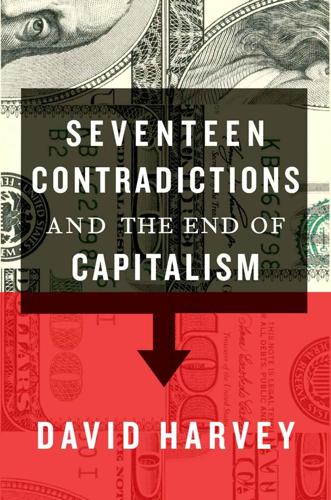
Seventeen Contradictions and the End of Capitalism
by
David Harvey
Published 3 Apr 2014
The decline then accelerates and over the last two or three years the principal diminishes very rapidly. There are a number of classic anecdotes to illustrate this quality of compounding interest and exponential growth. An Indian king wished to reward the inventor of the game of chess. The inventor asked for one grain of rice on the first square of the chessboard and that the amount be doubled from one square to the next until all the squares were covered. The king readily agreed, since it seemed a small price to pay. The trouble was that by the time it came to the twenty-first square more than a million grains were required and after the forty-first square (which required more than a trillion grains) there simply was not enough rice in the world to cover the remaining squares.
…
To keep to a satisfactory growth rate right now would mean finding profitable investment opportunities for an extra nearly $2 trillion compared to the ‘mere’ $6 billion that was needed in 1970. By the time 2030 rolls around, when estimates suggest the global economy should be more than $96 trillion, profitable investment opportunities of close to $3 trillion will be needed. Thereafter the numbers become astronomical. It is as if we are on the twenty-first square of the chessboard and cannot get off. It just does not look a feasible growth trajectory, at least from where we sit now. Imagined physically, the enormous expansions in physical infrastructures, in urbanisation, in workforces, in consumption and in production capacities that have occurred since the 1970s until now will have to be dwarfed into insignificance over the coming generation if the compound rate of capital accumulation is to be maintained.
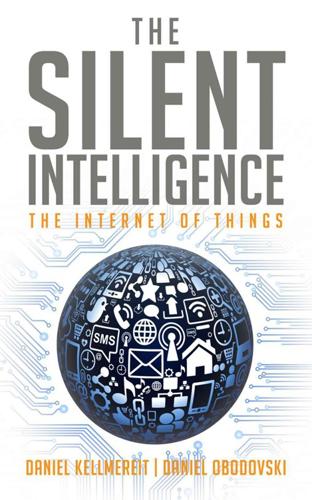
The Silent Intelligence: The Internet of Things
by
Daniel Kellmereit
and
Daniel Obodovski
Published 19 Sep 2013
In ancient China a man came to the emperor and demonstrated to him his invention of the game of chess. The emperor was so impressed by the brilliance of the man’s invention that he told the man to name his reward. The man asked for his reward in an amount of rice — that one grain be placed on the first square of the chessboard, two on the second, four on the third, and so on — doubling the number of grains on each subsequent square. Not being a very good mathematician, the emperor at first thought the reward to be too modest and directed his servants to fulfill the man’s request. By the time the rice grains filled the first half of the chessboard, the man had more than four billion rice grains — or about the harvest of one rice field.
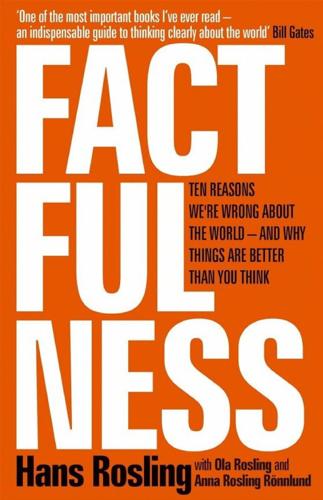
Factfulness: Ten Reasons We're Wrong About the World – and Why Things Are Better Than You Think
by
Hans Rosling
,
Ola Rosling
and
Anna Rosling Rönnlund
Published 2 Apr 2018
As a result, the number of new cases per day was doubling every three weeks. The graph showed how enormous the outbreak would soon become if each infected person kept infecting two more. Doubling is scary! I had first learned about the effect of doubling at school. In the Indian legend, the Lord Krishna asks for one grain of rice on the first square of the chessboard, then two grains on the second square, four grains on the third square, then eight, and so on, doubling the number of grains each time. By the time he gets to the last of the 64 squares, he is owed 18,446,744,073,709,551,615 grains of rice: enough to cover the whole of India with a layer of rice 30 inches deep.
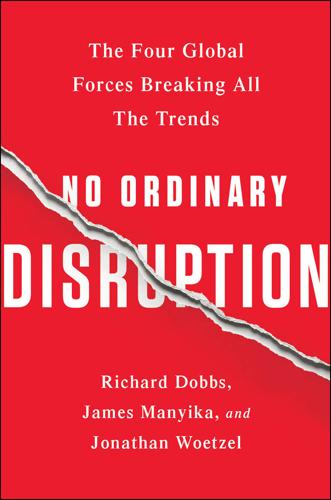
No Ordinary Disruption: The Four Global Forces Breaking All the Trends
by
Richard Dobbs
and
James Manyika
Published 12 May 2015
Brynjolfsson and McAfee give a modern twist to an old story about the power of exponential growth. Pleased with the invention of chess, a Chinese emperor offered the inventor his choice of prizes. At the outset, the inventor asked the emperor for a single grain of rice to be placed on the first square of the chessboard, two on the second square, four on the third, and eight on the fourth. The amounts doubled with each move. The first half of the chessboard was fairly uneventful. The inventor received spoons of rice, then bowls, then barrels. One version of the story has the emperor going bankrupt and being replaced by the inventor, as sixty-three doublings would have ultimately totaled eighteen million trillion grains of rice—enough to cover twice the surface area of the earth.
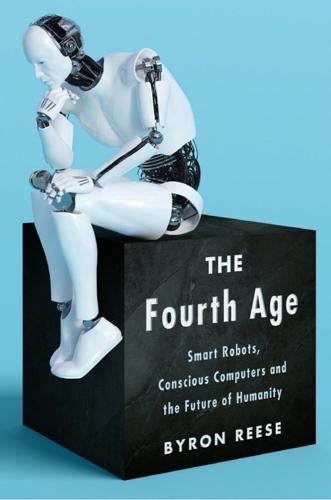
The Fourth Age: Smart Robots, Conscious Computers, and the Future of Humanity
by
Byron Reese
Published 23 Apr 2018
About a thousand years ago, a mathematician in what is today India is said to have brought his creation to the ruler, and showed him how the game was played. The ruler, quite impressed, asked the mathematician what he wanted for a reward. The mathematician responded that he was a humble man and his needs were few. He simply asked that a single grain of rice be placed on the first square of the chessboard. Then two on the second, four on the third, each square doubling along the way. All he wanted was the rice that would be on the sixty-fourth square. So how much rice do you think this is? Given my setup to the story, you know it will be a big number. But just imagine what that much rice would look like.
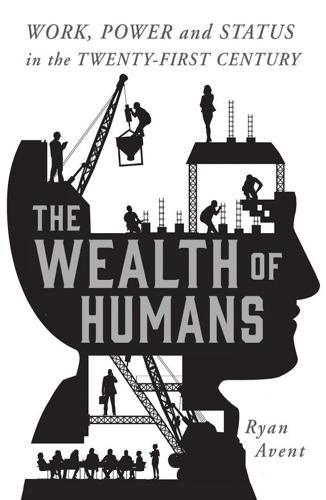
The Wealth of Humans: Work, Power, and Status in the Twenty-First Century
by
Ryan Avent
Published 20 Sep 2016
In an influential 2012 book, Race Against the Machine, two MIT scholars of technology and business, Erik Brynjolfsson and Andrew McAfee, argue that people aren’t very good at assessing the pace of exponential technological progress (for example, the repeated doubling in microchip power described by Moore’s law).11 They borrow a parable popularized by the futurist Ray Kurzweil.12 In the legend, a wise man invents the game of chess and presents it to his king. Pleased, the king allows the man to name his reward. The wise man responds that he wishes only modest compensation, following a simple rule. He would have one grain of rice on the first square of the chessboard, two on the second, four on the third, and so on, doubling each time for each of the sixty-four squares. The king chuckles at the apparent measliness of these amounts and says yes. It soon becomes clear that he has made quite a big mistake. After two rows the king owes nearly 33,000 grains of rice and is not chuckling quite so much.
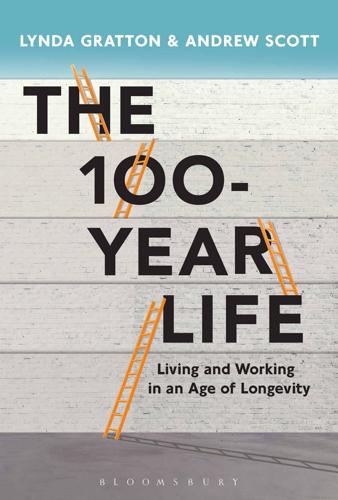
The 100-Year Life: Living and Working in an Age of Longevity
by
Lynda Gratton
and
Andrew Scott
Published 1 Jun 2016
In the fable, the king soon realized that he didn’t have enough grains of rice to meet the challenge, running out before the thirtieth square (before the second half of the chessboard). To meet the inventor’s demand the king would have to provide a mountain of rice larger than Mount Everest – nearly 18.5 quintillion grains. On the first square of the chessboard there is one grain of rice, and by the 33rd square the number is 4.3 billion. The parallel with Moore’s Law is obvious. Back in 1981, Bill Gates said 640K of computer memory should be enough for anyone; thirty years later not only do computers have huge processing power, but also the increase that will happen in the next two years is enormous compared to cumulative past progress.
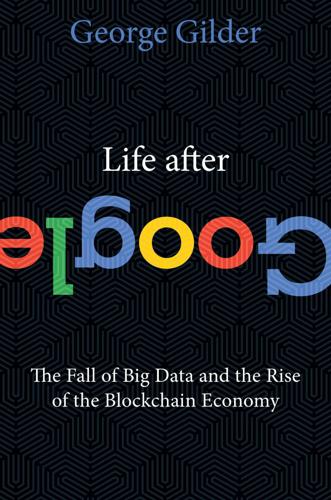
Life After Google: The Fall of Big Data and the Rise of the Blockchain Economy
by
George Gilder
Published 16 Jul 2018
It gave him a voice and he used it to warn against AI. https://qz.com/1231092/ai-gave-stephen-hawking-a-voice-and-he-used-it-to-warn-us-against-ai/ 6. Ray Kurzweil in speeches popularized the fable of the emperor of China and the inventor of chess. The emperor was so grateful for the invention that he offered the inventor anything he asked. The inventor said, “Just a grain of rice on the first square of the chessboard . . . and a doubling of the grains on each subsequent square of the 64.” Not a mathematician, the emperor readily agreed to the exponential process. To produce 264 (minus 1) grains, the emperor would have to award the inventor roughly eighteen million trillion grains, or all the rice ever grown on earth times some factor.
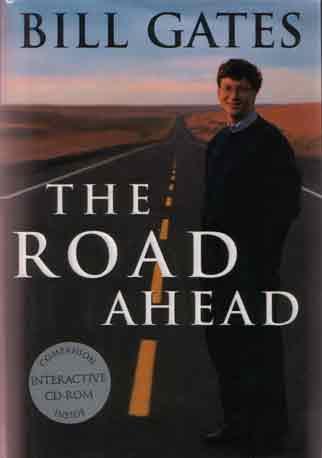
The Road Ahead
by
Bill Gates
,
Nathan Myhrvold
and
Peter Rinearson
Published 15 Nov 1995
No experience in our everyday life prepares us for the implications of a number that doubles a great number of times—exponential improvements. One way to understand it is with a fable. King Shirham of India was so pleased when one of his ministers invented the game of chess that he asked the man to name any reward. "Your Majesty," said the minister, "I ask that you give me one grain of wheat for the first square of the chessboard, two grains for the second square, four grains for the third, and so on, doubling the number of grains each time until all sixty-four squares are accounted for." The king was moved by the modesty of the request and called for a bag of wheat. The king asked that the promised grains be counted out onto the chessboard.
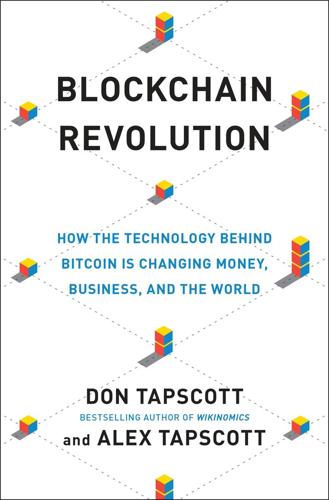
Blockchain Revolution: How the Technology Behind Bitcoin Is Changing Money, Business, and the World
by
Don Tapscott
and
Alex Tapscott
Published 9 May 2016
The digital revolution has moved on to “the second half of the chessboard”—a clever phrase coined by the American inventor and author Ray Kurzweil. He tells a story of the emperor of China being so delighted with the game of chess that he offered the game’s inventor any reward he desired. The inventor asked for rice. “I would like one grain of rice on the first square of the chessboard, two grains of rice on the second square, four grains of rice on the third square, and so on, all the way to the last square,” he said. Thinking this would add up to a couple bags of rice, the emperor happily agreed. He was misguided. While small at the outset, the amount of rice escalates to more than two billion grains halfway through the chessboard.
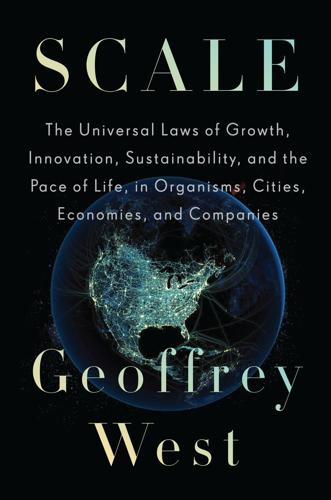
Scale: The Universal Laws of Growth, Innovation, Sustainability, and the Pace of Life in Organisms, Cities, Economies, and Companies
by
Geoffrey West
Published 15 May 2017
Here’s a version of the story: When the inventor of chess showed the game to the king, the ruler was so taken by it that he asked the inventor to name his reward for creating such a marvelous and challenging game. The man, who was mathematically inclined, asked the king for what seemed to be an extremely modest reward in the form of grains of rice. However, these were to be apportioned in the following manner: he would receive 1 grain of rice on the first square of the chessboard, 2 grains on the second, 4 on the third, 8 on the fourth, 16 on the fifth, and so on, doubling the amount for each progressive square. The king, though somewhat offended by such an apparently measly response to his very generous offer, reluctantly accepted the inventor’s request and ordered the treasurer to count out the grains of rice as prescribed by the inventor.